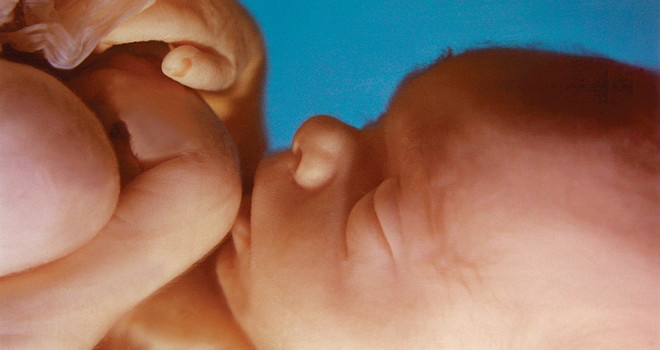A Connecticut court ruled Wednesday against a father seeking to protect his frozen embryos from being destroyed.
The case is one of many ethical dilemmas that courts are facing involving the rights of parents and of human embryos created through in vitro fertilization. The embryos are unique human beings in their earliest form, and they already have their own specific DNA.
In the case before the Connecticut Supreme Court, Timothy R. Goodwin said the embryos that he and his ex-wife Jessica Bilbao created are human beings, not property, and therefore should not be destroyed, the Hartford Courant reports.
On Wednesday, however, the court side-stepped the issue of the embryos’ humanity and based its decision on a contract that the couple had signed when they created the embryos for in vitro fertilization.
The contract with an embryo storage facility included an agreement that the embryos could be destroyed if the couple divorced, according to the report. The couple filed for divorce in 2016 and began a court battle over the fate of the embryos, with Goodwin wanting them preserved and Bilbao wanting them destroyed.
Goodwin said he changed his mind about the contract, and now believes the embryos deserve a right to life. He said he is “seeking to preserve the pre-embryos because they are human beings.”
However, the state Supreme Court decided to uphold the contract.
Click Like if you are pro-life to like the LifeNews Facebook page!
Here’s more from the report:
The state Supreme Court, in a unanimous opinion written by Justice Gregory T. D’Auria, reversed the lower court, saying the agreement the couple had signed with the reproductive services center responsible for cryopreserving the embryos was enforceable.
The court said it was leaving for “another day” questions about how a similar dispute — with questions concerning the preservation of life — should be decided in the absence of such an agreement.
“Because we conclude that the parties in this case had an enforceable agreement, we do not decide what a court must do in the absence of an enforceable agreement,” the court held. “For example, we leave for another day whether, in the absence of an enforceable agreement, balancing or contemporaneous mutual consent is the appropriate approach, and what the details of such an approach would entail.”
The court continued: “Whether a pre-embryo is a human being is, at least in part, a question of fact. It is certainly not a question an appellate court can determine without some measure of fact-finding.”
Disturbing ethical cases like these are becoming more common. In 2014, an Illinois judge decided to award a mother her three frozen embryos, though her ex-boyfriend wanted them destroyed. Another high-profile court battle between actress Sofia Vergara and her ex-fiance over the fate of their frozen embryos is on-going.
Meanwhile, there are countless other embryos abandoned in storage across the U.S. In 2011, a study in the journal of the American Society for Reproductive Medicine revealed that 19 percent of unused embryos are discarded and 3 percent are donated for scientific research.
“These embryos are being denied their humanity, treated like nothing more than a commodity,” wrote Ana Brennan, J.D., vice president of the Society of St. Sebastian. “This is not some abstract debate; this is the very real situation we are faced with in this moment. If we believe life begins at conception, we need to start acting like it.”
The problem is growing in society and becoming a greater unresolved issue for the courts.
Fortunately, some couples are choosing a life-affirming alternative called embryo adoption, or snowflake adoption, which allows people to adopt their embryos and give them a chance at life.








